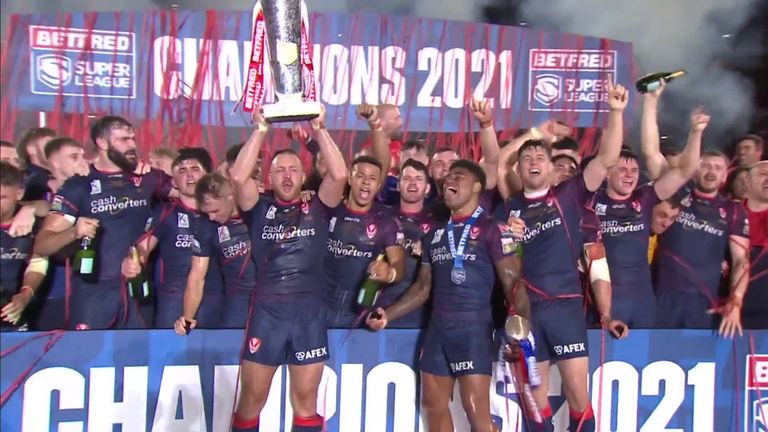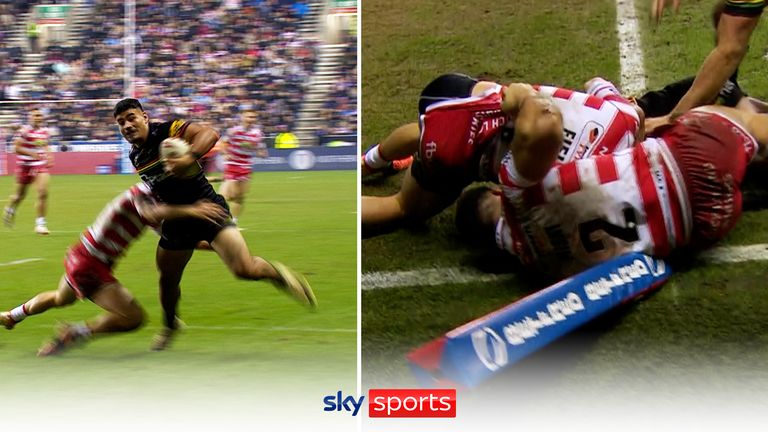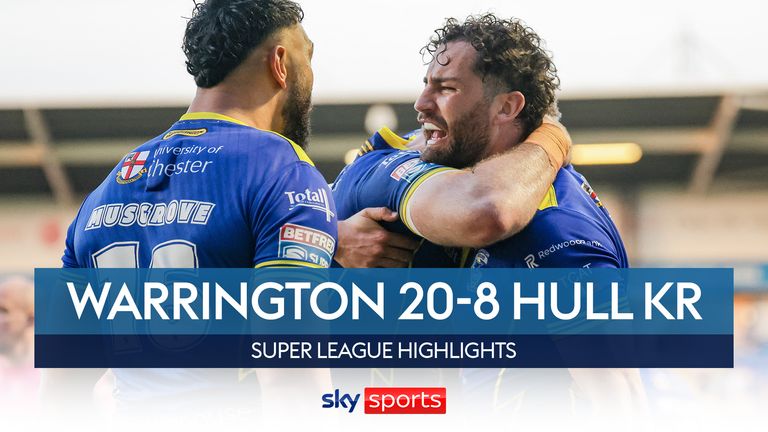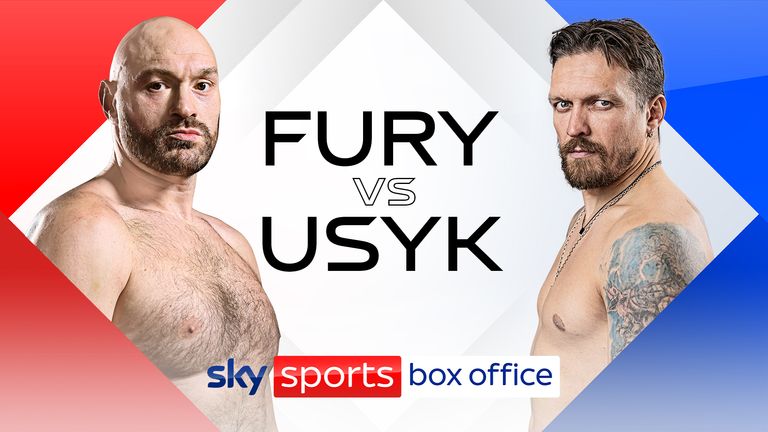The Super League eras of evolution: The entertainers, Michael Maguire, Woolf-ball, and the art of the play the ball | Rugby League News

The theory of evolution, in its most basic form, comes down to the principle of “adapt or die”. In rugby league terms, there is one area that seems to dictate how teams have evolved in the super league era – the speed of the play the ball.
Six chances, six play the balls, six moments to get your team on top- but how these moments have influenced games has changed as styles of play have modified over time.
Sociological studies say that every cultural movement or moment is circular. A reliance on religion is followed by a cultural focus on freedom. Then, religion reigns once again.
In rugby league, similar patterns emerge. When Super League began in 1996, ‘eyes up’ rugby reigned supreme. The early noughties then saw the ‘Entertainers’ emerge from this philosophy before a wrestle at the play the ball was the new key to success.
Now, we are at the precipice of a new moment – but what exactly it will be is yet to be decided.
So, just what are the defining moments of Super League and where are we heading from here? Let’s take a look…
The early leaders: Who can beat the Bradford Bulls?
The two words that encapsulate the Bradford Bulls team that dominated the early days of Super League are power and pace.
Working off quick play the balls, the likes of Lesley Vainokolo would be tasked with running hard and fast.
They were a big outfit but not one that relied on that size to slow the game down. Indeed, they combined that size with speed to dominate play the balls and get quick ball.
Their power was focused on supplementing the attack rather than slowing down the opposition in defence and it worked, wins in 1997, 2001, 2003, and 2005, cementing them as the side to beat as super league was in its infancy.
The Entertainers: Never write off the Saints
In the early noughties, the phrase ‘never write off the Saints’ became the catchphrase for the off-the-cuff style of play that St Helens made their own, taking what the Bulls did but making it less structured and more ‘heads up’ rugby.
Of course, to play this brand of rugby, the Saints were intensely reliant on play the balls being quick, giving Keiron Cunningham the chance to break the line and keep them on the front foot.
They had a side littered with star-studded backs, the likes of Leon Pryce, Paul Wellens, Sean Long, and Jamie Lyon combining incredibly for tries that relied not on wearing side’s down, but taking their attacking opportunities whenever they presented themselves.
They could be down by 12 points with 5 minutes to play but the never say die attitude brought in by Ian Millward and continued through Daniel Anderson’s tenure created a side that had some magical moments that came from that play the ball that was quick, the pass to Sean Long, and the drop goal that sent the Saints fans into pandemonium.
Treble winners and BBC Sports Personality Team of the Year in 2006, they made it clear that entertaining rugby turns heads.
When their dominance began to end in 2008, we were only a couple of years away from one of the biggest changes to how European rugby league is played and it came at the hands of their rivals Wigan Warriors…
Winning the wrestle: Maguire makes his mark in England
When Michael Maguire took over at Wigan Warriors in 2010, he made one of the most defining moves the competition has ever seen.
Joining from Melbourne Storm’s backroom staff, Maguire added something new to Wigan’s training regime – grappling and wrestling.
A focus on slowing down the play the ball became a central tenet of Wigan’s philosophy and while the brand of rugby was not the most exciting, it got results.
They became a side that were consistent – defending hard, grinding out matches, and taking their opportunities.
“The results have been spectacular, even if they have been achieved by mostly unspectacular rugby,” is how Wigan were described by journalist Andy Wilson in the Guardian, an all-encompassing picture of how defence was about to become the focus for the foreseeable.
Five in a row: Leeds Rhinos’ ‘golden generation’
To have a sustained period of dominance, you have to be doing something very right on a regular basis and that is what the Leeds Rhinos did in the 2010s with what they refer to as the ‘golden generation’.
Winning the Grand Final in 2009, 2011, 2012, 2015, 2017, they were a strong defensive unit and had a game plan that was a decade in the making, creating a cohesive unit that we many not see in Super League again.
Kevin Sinfield, Jamie Peacock, Rob Burrow, Danny McGuire, and Jamie Jones-Buchanan were constant faces in the side.
They were professionals, winning from anywhere in the table because they would defensively put themselves in a position to do so before letting their stars shine.
Game knowledge was key and they used it time in and time out, especially on the big day at Old Trafford.
Woolf-ball: The brick wall of St Helens
In 2020, St Helens saw Grand Final winning coach Justin Holbrook depart and welcomed Kristian Woolf. In a first season marred by COVID, Woolf started what would be the most successful era in St Helens’ history and key to his game was an evolution of the brand of rugby Wigan brought in in 2010 combined with the game control that Leeds relied on.
It is fair to say that Saints fans sacrificed some scintillating attack for a sustained period of immense success, St Helens’ defence becoming an almost unbreakable force as they ground teams out of the game.
Set completion, safety, and strong mentality were key and while Saints showed their class in attack, it came off their work at the play the balls. Eyes up rugby only happened when the work had been done without the ball in hand.
They were doing something that other teams had not caught up to, seeing them conclude 2022 with four Grand Finals in a row, with many hailing them as the most dominant team Super League has ever seen.
The start of Peet and what comes next?
There has been a recent outcry from fans that they want to be entertained – they want free-flowing rugby. But, does that reap results?
It depends what happens with the changing of the guard. Matt Peet has worked wonders at Wigan, winning every trophy on offer in his 65 games in charge. Now, after signing a seven-year contract, he has the job of turning those two seasons into a nine-year long dynasty.
Wigan have been the most dominant side of the last year or so but with a concerted effort from the RFL to speed up the play the ball once again, will we see a return to the rugby that entertained in the 2000s?
At the moment in 2024, Hull FC Leeds Rhinos have the quickest play the ball at 3.45 and 3.46 seconds respectively but that is clearly not turning into results.
The Rhinos are, arguably, playing the most off-the-cuff rugby in the competition but in this case, it is not yielding points or prizes, a 26-0 drubbing against Catalans Dragons the latest in a list of losses.
Why is this the case? It looks to be an inability to convert chances while also having a leaky defence. They may have flashy moments, but without controlling the play the ball, they are not getting any momentum in games.
At the other end of the spectrum, St Helens, Salford Red Devils, and Wigan Warriors have the slowest play the balls so far this year but this comes with them also slowing down their opposition too, the Saints having the slowest play the ball against them at 3.65 seconds.
They have valued control over a certain flare and so far it is winning. The only anomaly in 2024 is Sam Burgess’ Warrington. They average 3.56 seconds at the play the ball, with their opposition averaging 3.37 seconds. Yet, they are reaping rewards after 11 rounds.
So far, they have found the balance between entertainment and results. The question will be whether they can maintain this through the entire season, especially at the business end in October.
If they can, they could set the new precedent for rugby league moving forward. If not, defence may still be the benchmark for a few years to come.
Watch every Super League match in 2024 live on Sky Sports and stream with NOW.
Book Fury vs Usyk on Sky Sports Box Office
It’s one of the biggest sporting events in a generation. Tyson Fury and Oleksandr Usyk collide for the undisputed world heavyweight title on Saturday May 18, live on Sky Sports Box Office. Book now.






















